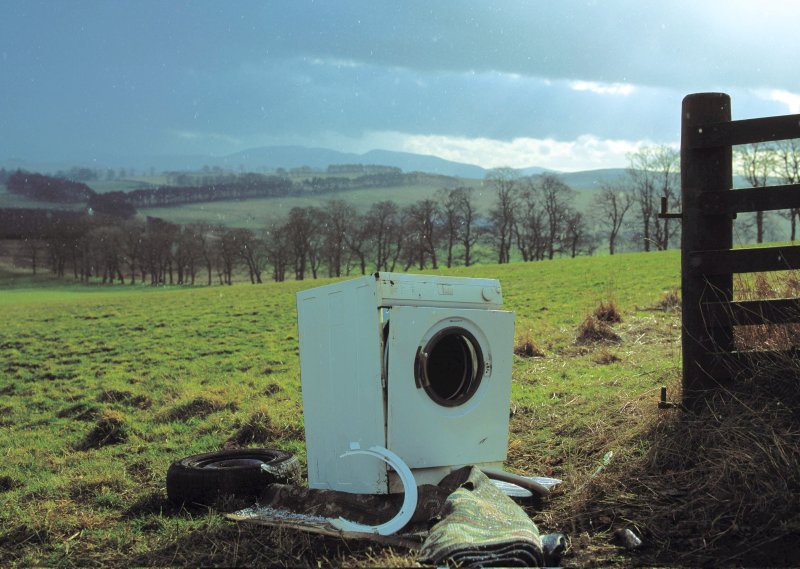
Farming and rural groups have urged the public not to dump rubbish in the countryside as a result of the closure of recycling centres due to Covid-19.
Over the past few weeks, farmers’ fields, laybys and rural lanes have become hot spots for DIY remnants, unwanted furniture and garden waste.
Having a clear-out during the coronavirus lockdown has seen fly-tipping increase as people take the opportunity to spring clean homes and gardens.
But some areas have seen a 300 percent rise in waste crime, and rural communities and the countryside and seeing the impact.
Images from around the UK, including shots from Burnley in Lancashire and County Durham, show piles of waste dumped in areas surrounding closed refuse centres as well as other natural beauty spots.
There is now particular concern about what the impact of excess rubbish generated over the Easter bank holiday could have on farmers' livelihoods and rural areas.
The Countryside Alliance is asking the public to remember that flytipping is not a victimless crime and has a significant impact on rural areas and wildlife.
Sarah Lee, Head of Policy at the Countryside Alliance, said images of dumped rubbish in the countryside is an 'all too familiar sight'.
“It shouldn’t need saying that driving to dump rubbish at the side of the road or in the countryside is not essential travel.
"Not only are you committing an offence by littering, but you are also ignoring guidance that has been introduced to stop the spread of this dangerous virus.
"In these uncertain times, plan out any household activity that could generate excess amounts of rubbish in line with the guidance being put out by your local council regarding waste collection."
NFU Scotland is another group pleading with the public not to dump rubbish in the countryside, saying it is 'heart breaking' to see farmland being used as a 'giant tip'.
Dealing with litter and flytipping costs an eye watering £53 million of public money in Scotland every year, and that’s only in relation to public land, figures show.
"Now is not the time to try and get rid of items, we are urging you to keep them at home until recycling centres re-open and charities begin to collect furniture and clothing again," the union said.
"Please don’t be taken in by offers of cheap disposal – that’s likely to lead to others fly-tipping your items.
"Keeping items on your own property for a few weeks is better than taking part in a criminal act that could have longer term consequences, not to mention a fine of up to £40,000."
When litter and flytipping occurs on private land such as farmers’ fields, it is down to the owner to have it removed – and to foot the bill for doing so.
The costs involved are significant, and the effects are not all financial either.
"Flytipping takes time to clear responsibly, can block access, and can cause issues around health and safety," NFU Scotland added.
“The public can also help by acting as the eyes and ears of their community - we urge anyone who notices flytipping to report it, so it can be dealt with by the appropriate authority."
